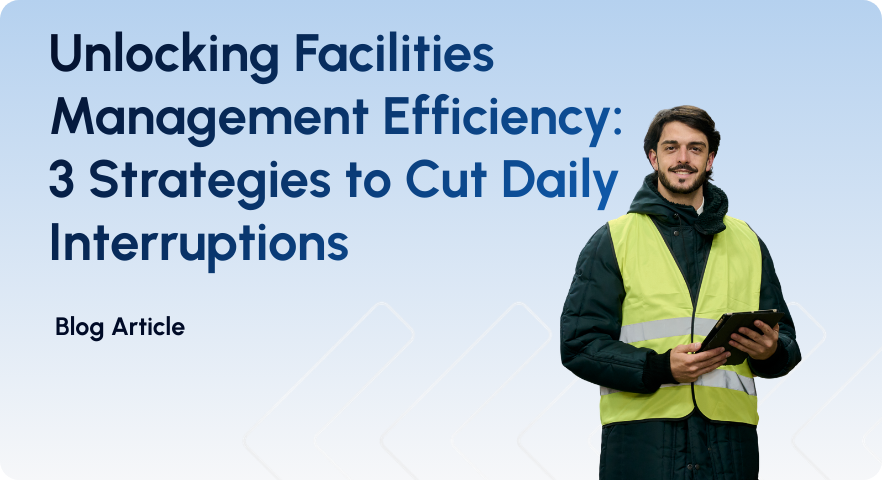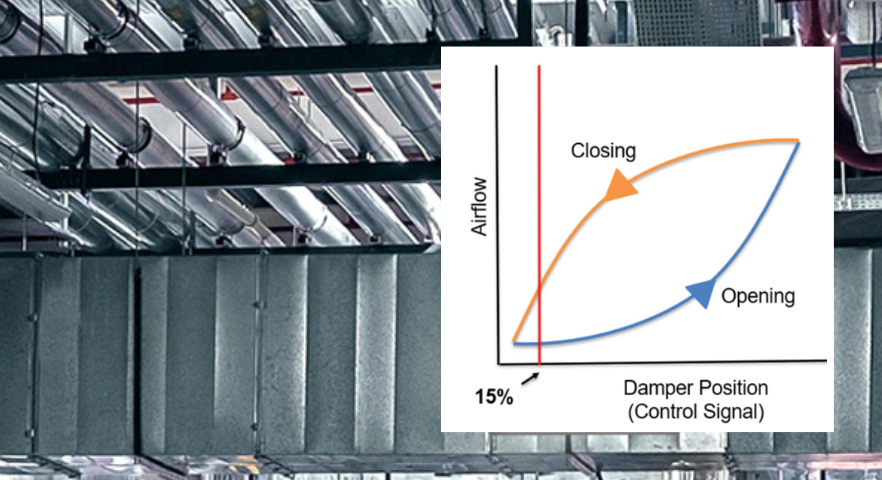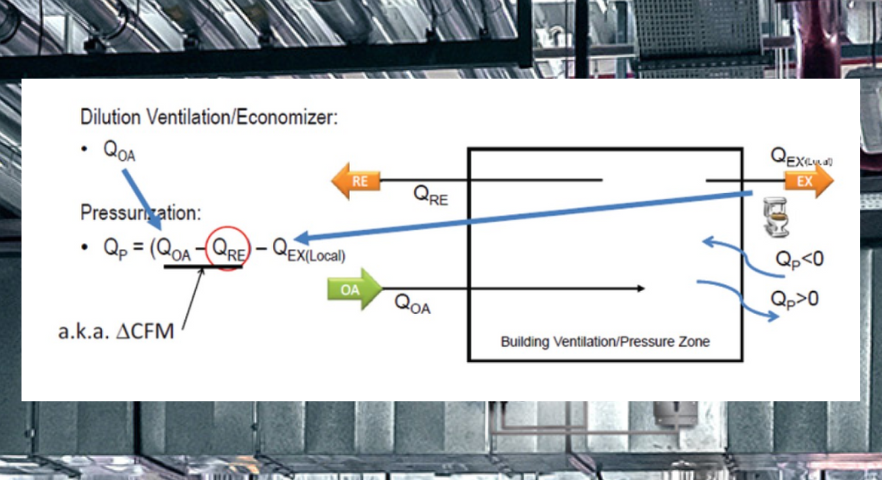Filter by
Subjects
Category
Type
Preventive Reset: Managing High-Traffic Surface Drift
Facility managers don’t need to “clean more” to protect standards in high-traffic areas, they need a reset cadence. This article introduces a […]
Unlocking Facilities Management Efficiency: 3 Strategies to Cut Daily Interruptions
Discover operational strategies to boost facilities management efficiency. Learn how to reduce interruptions regarding visitors, contractors, and emergencies to reclaim your day.
Why Indoor Air Quality Matters More Than Ever
In this episode, host Edward Wagoner sits down with Dr. Joseph Allen, associate professor at the Harvard T.H. Chan School of Public […]
FM Managing Agent (FMMA) Guide: A Practical Framework for Day-One Operational Readiness
This guide explains the Facility Management Managing Agent (FMMA) model and how it bridges the gap between construction and live operations. It […]
Mothballing in FM
Mothballing is the temporary shutdown of a facility while preserving its condition, safety, and compliance for future use. It reduces operating costs, […]
Optimizing Facility Operations for Automotive Manufacturing
This article explores strategies for optimizing workforce management in automotive manufacturing by balancing skilled labor, automation and data-driven decision-making. It emphasizes the […]
Understanding Hysteresis and Its Impact on HVAC Control Repeatability
This article explains how hysteresis in dampers and actuators undermines HVAC control repeatability and minimum outdoor air accuracy. It outlines ASHRAE research […]
Integrated "all-Airflow" Control
This article explains how an integrated "all-airflow" control strategy maintains proper building pressurization and indoor air quality by directly measuring and controlling […]
FAQs on Virginia Law on Indoor Air Quality; Inspection and Evaluation
Starting July 1, 2025, Virginia public schools must verify that their HVAC systems meet ventilation standards. This includes installing permanent airflow measurement […]
IAQ for Virginia Schools
A new law will take effect in all Virginia schools starting July 1, 2025, to initiate Indoor Air Quality (IAQ) inspections and […]











